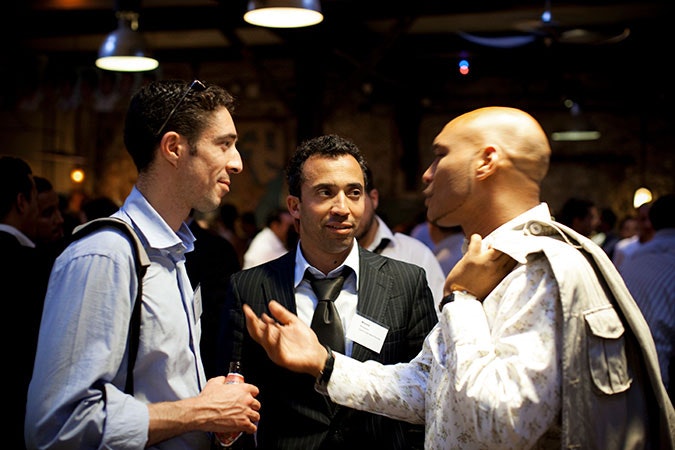#MuslimRage #ThinkAgain
By Hélène Irving

A few thousand people have participated in violent protests across the world against a low-budget, anti-Islamic film. Commentary on the response has talked about “Muslim Rage.” At the last count, the global Muslim population stood at around 1.6 billion. Now social media has turned this shoddy maths and dangerous generalization on its head.
The most striking example of this commentary, and the one that prompted a Twitter backlash, emerged last week in an article in Newsweek by Ayaan Hirsi-Ali, “Muslim Rage and the Last Gasp of Islamic Hate.” In the article, Hirsi-Ali discusses her own personal experiences of the consequences of speaking out against fundamentalist practices and beliefs held by some Muslims. But for Hirsi-Ali, the distinction between some Muslims and all Muslims is blurred. Whilst acknowledging a “homicidal few in the Muslim world”, Ali suggests that globalisation and mass-immigration has led to a proliferation of intolerance across Muslim communities all over the world:
“The Muslim men and women (and yes, there are plenty of women) who support—whether actively or passively—the idea that blasphemers deserve to suffer punishment are not a fringe group. On the contrary, they represent the mainstream of contemporary Islam.”
On the front cover of the magazine, with the headline “MUSLIM RAGE”, Newsweek treated its readers to yet another picture of “angry Muslims”, depicting a frenzy of beards, turbans, keffiyehs, fists and rage. This is a real image from one of the current protests but blanketed as it is with the term “Muslim Rage” the image and article leave the impression that the majority of Muslims are angry, intolerant and supportive of acts of violence against others. This is far from the case. In Libya, there was widespread shock and condemnation of the murder of U.S. Ambassador Chris Stevens. Recently released video footage shows Libyans rescuing Stevens from where he had taken shelter in the embassy and rejoicing when they believe he is still alive.
Imagining this treatment applied to another religious group brings home how wrong such a blanket statement is; headlines citing “Christian Rage” or “Jewish Rage” seem unthinkable.
So, how did some of these “angry Muslims” respond?
In response to Newsweek’s invitation to comment on the feature via Twitter with the hashtag #muslimrage, thousands responded—some with images of their own—mocking the absurdity of this generalisation. “I’m having such a good hair day. No one even knows #muslimrage”, tweeted the hijab wearing @LibyaLiberty.
Quickly endorsed by others, #muslimrage is uniting thousands of Muslim and non-Muslims in a hilarious attempt to remind us all—and Newsweek—that the majority of Muslims are not as angry, intolerant or violent as some would have us believe.
Until October 2014, Hélène Irving was a program coordinator for the Open Society At Home in Europe project.